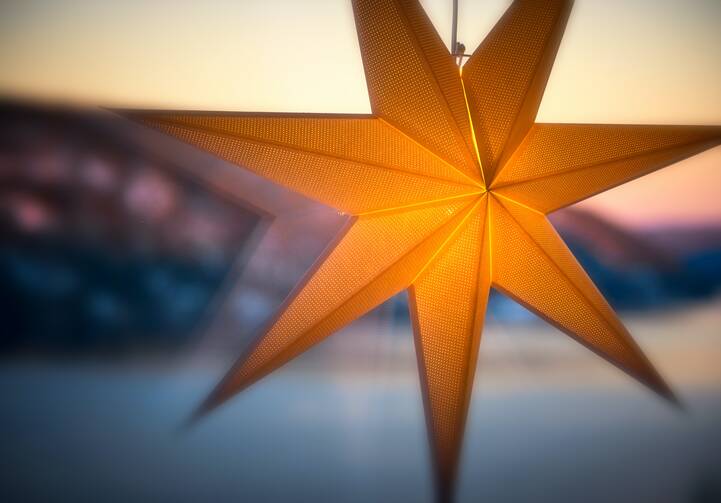You cannot rush the kingdom of God
There is no quick and easy path for a journey that begins in the desert. Often in the Scriptures, however, a gradual pace leads to a valuable goal, and slowness suggests a future joy. This biblical wisdom reminds us that there is no way to rush the arrival of the kingdom.
See how the farmer waits for the precious fruit of the earth, being patient with it until it receives the early and the late rains. (Jas 5:7)
Was there a time in your life when the fruit of patience was finally realized?
Are you afraid of the desert experience?
What questions are you asking today out of impatience or desperation, like John the Baptist?
The “desert that flowers,” a striking oxymoron one often finds in the Scriptures, is prominent in the opening lines of this Sunday’s first reading. As we draw closer to the cause of our hope, Isaiah foretells that our apparent emptiness will overflow with life, “The desert and the parched land… will bloom with abundant flowers” (Is 35:1-2).
The biblical writers understood the harsh yet potentially luxuriant symbolism of dryness. The Gospel of Mark, for example, begins in the desert with Jesus’ baptism, and then continues with his temptation in the wilderness (Mk 1:1-12). Throughout Mark’s Gospel, while the desert is a place of trial, it is also a place of life. Jesus will go to desert places to find solitude, to pray, to teach and to feed the hungry. For Jesus, this place of trial and temptation becomes a flowering desert.
Slowness allows Jesus’ vision to bear fruit in our own prayer and in our actions.
Matthew’s Gospel draws on Mark’s themes, but adds a metaphorical dimension. John the Baptist, the greatest prophet born of women, finds himself in his own wilderness, an isolated prison. On this third Sunday of Advent, John the Baptist sends word from prison (via his disciples) to Jesus with a question, “Are you the one who is to come, or should we look for another” (Mt 11:2-3)? There is a sense of impatience or even desperation in John’s search for a flower of hope.
In his response to John, Jesus describes a world as abundant with God’s grace as the desert after the rain: “The blind see again, the lame walk, lepers are cleansed, the deaf hear, the dead are raised and the poor have good news proclaimed to them” (Mt 11:5). Because this world does not yet exist, it might be tempting to take a cynical approach and view Jesus’ words as highly embellished reality. Instead, this week’s Advent message reminds us to take seriously the slow work of anything meaningful.
Slowness allows Jesus’ vision to bear fruit in our own prayer and in our actions. Indeed, the blooming desert imagery from Isaiah is matched by the restoration of humanity we find in today’s Gospel. Just as Jesus’ journey takes him through the parched desert, so his disciples today often follow a slow path through places that require risk and vulnerability.
This path, following the imagery of today’s readings, suggests we are called to serve at great personal expense through our own deserts. This kind of kingdom, where the desert slowly begins to flower, becomes a reality in Jesus’ care for the least. Things of value, like the restoration of the dignity of our fellow humans, come about with the sacrifice of time. Knowing that this is true, let us continue to journey through deserts that will someday bloom.








